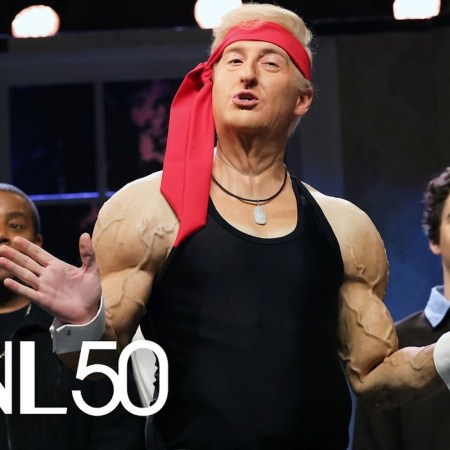What role will social media and algorithms play in the upcoming presidential election? At The New Yorker, Andrew Marantz’s profile of Brad Parscale offers some fascinating insights into how 2016 changed this aspect of political strategy — and what the repercussions of that might be for 2020.
Parscale is best known for his social media work for Donald Trump’s presidential campaigns — both his campaign for office in 2016 and his re-election bid this year. In an article in The Guardian from earlier this year, David Smith noted that “Parscale’s sudden ascent says much about the centrality of digital in today’s politics.”
One of the most critical points made in Marantz’s article is that the realm of online political advertising is largely unregulated — meaning that what looks like an ethical lapse to one person could very well be someone simply testing whether certain boundaries exist.
Parscale used Facebook to move fast and break things, but it seems that the things he broke were long-standing norms, not laws. However, the Internet has disrupted global politics so rapidly, and regulators have been so slow to adjust to the new reality, that there weren’t many relevant laws to break.
Marantz notes the disparity in terms of Facebook advertising in the 2016 election. “If each variation is counted as a distinct ad, then the Trump campaign, all told, ran 5.9 million Facebook ads,” he writes. “The Clinton campaign ran sixty-six thousand.” He also notes that Bernie Sanders’s 2020 campaign has opted for a similar focus on social media, which in turn has resulted in a substantial number of small donors — and that Michael Bloomberg’s campaign has spent “nearly fifty million dollars on Facebook this year.”
In the end, it’s a fascinating look both at Parscale’s work specifically and how other candidates in 2016 — both Democrats and Republicans — have made use of online advertising and digital marketing. How well will it all work out this year? Election Day draws closer and closer.
Subscribe here for our free daily newsletter.
Thanks for reading InsideHook. Sign up for our daily newsletter and be in the know.


















